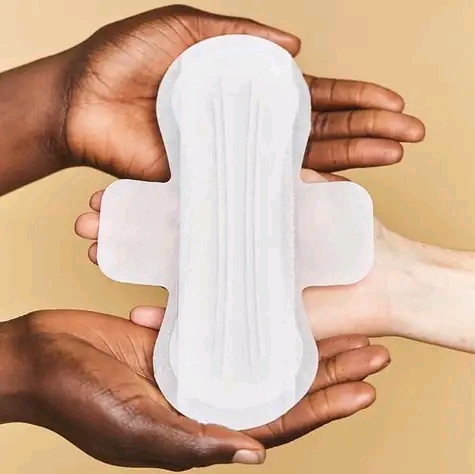By: Rutendo A Maturure
Mental health and menstruation is a silent conversation; shamed, shunned and looked at with disgust. Women and girls are treated abnormally for menstruating. They are called names, constantly reminded they are dirty and impure for a gift God bestowed on them. Sounds like nothing. Looks stupid but this has affected many female’s mental health. Worse off with the unexplained tears, mood swings, bloating, headaches, the unexplained wave of feeling low, etc. it can be a hustle. This is why self-care & having this conversation is important and a necessity to society.
Menstruation as a taboo topic in society, stores limited information. Mental health on the other hand is still an issue people are still embracing and learning to understand. These two combined may seem like a massacre.
The words, the conversations, the treatment, the glares, and the dirty jokes are hurting many. It’s never taken seriously but the root of mental health for many women and girls begins with the prejudices around this conversation. Their dignity, esteem, and identity are crushed by the shame surrounding menstruation.
And to add on the PMS is likely to cause discomfort, esteem issues, and feeling off the grid. Many don’t always seem to handle the pressure and symptoms well. They end up not being themselves and shutting doors when they need help the most. Lacking the information and accessibility to the resources meant to equip them on the challenges they are experiencing with their bodies, they are forced into inhabiting the pressure of mental issues.
Considering the existing gap between society versus menstrual cycles/ mental health the conversation intrigues breaking social barriers that are stated impenetrable. Before judgement is placed and assumptions are made ask yourself when last you heard the society address issues in regards to the stated matters. With the pre-existing challenges highlighted in period poverty, it has become inevitable for such issues not to arise as concerns. Women and girls for so many decades have suffered from stigma, discrimination, persisting shame, and they are built-in fear & crushed esteem for menstruating.
Due to this many end up suffering from issues like Premenstrual Dysphoric Disorder (PMDD).
PMDD causes extreme mood swings that disturb your work, school, routines, and damage relations. According to the Mayo Clinic, women with PMDD are usually in conflict with at least one prominent emotional and behavioral symptom:
• Sadness
• Anxiety or tension
• Extreme moodiness
• Marked irritability or anger
The emotional breakdowns and hormones in and out of the cycles contribute and influence mental health. To be precise PMS and PMDD’s exact causes are still unknown, but it has been agreed that PMDD is linked to hormonal changes that correspond with the menstrual cycle. These hormonal changes can worsen and trigger period symptoms. This can trigger depression and anxiety which are common in both PMS and PMDD, leading to additional stress on the mental and emotional health. Studies show that the connection between PMDD and changes in the level of serotonin (a chemical in the brain that helps transmit nerve signals) can influence mood, sleep, and pain. Low levels of serotonin can throw one into a depressive episode.
Why haven’t we talked or about this before?
For decades societies have created assumptions towards menstruation and mental health. Aside the jokes, mocking, shame, and ignorance little provision has been provided for women when they start menstruating. There is no guidance on how to embrace and understand the conflicts in one. This is why many women and girls have a hard time opening up to doctors or accepting they are having a hard mental in embracing whatsoever they are going through.
Many women and girls are suffering in silence because the silence in the conversation about the dangers that come with bottling up overwhelming feelings. PDMM symptoms do mimic depression.
This means many women and girls are at risk or living with depression. It is normalized and joked around how women are moody or angry. Maybe it’s time there is change on the narrative.
Did you know women with a family history of mood disorders like major depression or postpartum depression are at risk of developing PDMM? Imagine how many women and girls bear mental health issues that could cause problems for their periods. PMDD is treatable but one needs to get help. You are not alone.
Ladies and gentlemen let’s get help and start this conversation of menstruation and mental health. You could save lives. Together we can.
NB: Please note this article was written on research. For professional assistance and more information contact your doctor.


